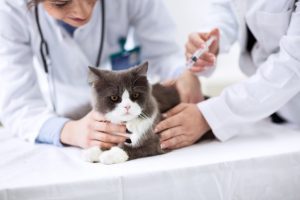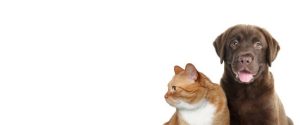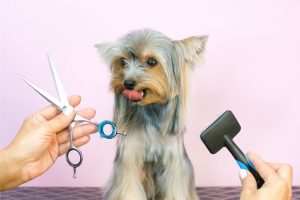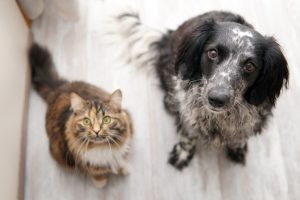
It’s scary to think about it, but many everyday home products are poisonous to dogs. Although you may already be aware that chocolate is toxic for dogs, you might not be aware that some seemingly harmless items in your household, such as the smallest socks and toys, can be a severe health risk if your pet eats them.
They are more prone to coming into contact with dangerous substances due to their innate curiosity and ignorance about these substances’ dangers. In comparison, animals have a greater metabolic rate and smaller lungs than humans. Their bodies must exert extra effort to flush out these poisons. Not only do they process substances faster, but they also breathe them in more quickly.
Pet House Hazards
While most pet owners will do their best for their pets, many health problems are caused by things humans cannot see but can easily be avoided. In your house, garage, and in your yard are potential hazards and poisons that could hurt your pet, which is discussed in this article.
1. Poisonous Plants
However, it is essential to be aware of their risk potential by having flowers at home and in the garden. There’s a massive list of flowers that harm dogs. These flowers include daffodils, lilies, hyacinths, wisteria, buttercups, and azaleas.
Just because you can’t bring flowers inside or plant a garden doesn’t mean you can’t take pleasure in them. You can ensure your dog’s safety by planting only non-toxic plants in your yard or by keeping it from plants or blooms that may be harmful to them. One option is to fence plants, put vases in inaccessible locations, and remove plants and flowers that are not in use.
By using the online resources of the many reputable local veterinary clinics, you may get more information about dealing with veterinary emergencies like poisoning.
2. Everyday Human Foods
Most pets aren’t waiting to be directed before putting something in their mouths. This is terrible for dogs because they can’t digest the majority of “people’s meals” as we can. Chocolate, grapes, raisins and onions, garlic, nuts, and xylitol are just a few items that should never be served to a dog.
If your dog’s eaten anything harmful, call an animal emergency clinic. Your vet may induce vomiting to limit toxic effects and offer supportive care in the hospital. Intoxication symptoms can include vomiting, diarrhea, coughing, shaking, breathing, restlessness, or seizures. If this happens, you should you must not put off getting in touch with your vet to give your pet the assistance it requires.
3. Pest Control Chemicals
Several substances used to poison rodents, mice, and moles could be fatal to dogs. The dog can be poisoned directly when it consumes the poison or indirectly when it eats an animal that has been poisoned. If your pet has accidentally consumed mouse or rat poison, take the container or a small amount of the toxin to your veterinarian to help them identify the active ingredient.
If your pet ate something dangerous, you should take them to the vet right away. You can also choose to take your pet to a clinic with a lab and veterinary pharmacy Visalia, since the vet may also suggest certain tests and medicines for your pet.
4. Electric Cords
Pets shouldn’t be close to electric cables. The wiring inside your home is likely hidden behind walls. Cats and dogs have a natural curiosity that may cause injuries if they touch the unprotected wire. By tying the cables down, you can be the best way to avoid this from occurring. Alternately, put them up high, out of the reach of your pets. Another option is to invest in a cable management device to bundle all of your cords together neatly. It will make your home cleaner and more pet-friendly home.
5. Small Toys
Toys could be scattered throughout the home if you have youngsters. Unfortunately, dogs are equally attracted to small colorful toys as kids. Toys that are too big to be ingested, nevertheless, pose a choking threat when cats or dogs tear off a small piece. Make sure you put all toys your kids are playing with away when not in use, and you should store them in a container with a seal or an inaccessible spot your animal can’t access.









